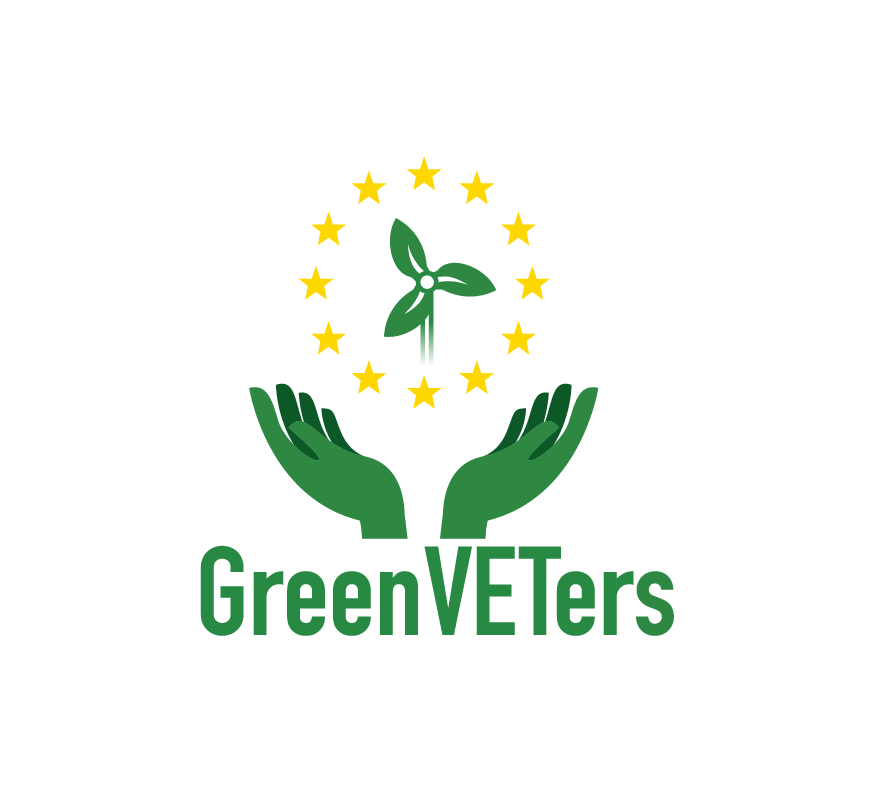
Sustainable development is a crucial concept in today’s world, emphasizing the need to meet present needs without compromising the ability of future generations to meet their own. In this context, the Vocational Education and Training (VET) sector holds a pivotal role in shaping a workforce capable of addressing the challenges of sustainability.
Sustainable development encompasses economic, social, and environmental dimensions, aiming to balance economic prosperity with social equity and environmental responsibility. In the VET sector, this translates into the preparation of individuals for careers that contribute to sustainable practices and address global challenges such as climate change, resource depletion, and social inequality.
A fundamental aspect of the VET sector’s contribution to sustainable development lies in the integration of sustainable practices into its curriculum. Institutions must ensure that their programs equip students with the knowledge and skills required for environmentally conscious and socially responsible practices in their respective fields.
Moreover, the VET sector plays a critical role in fostering innovation and the development of green skills. By emphasizing problem-solving, critical thinking, and adaptability, VET programs prepare individuals to contribute to the implementation of sustainable technologies and practices in various industries.
Adapting to the changing landscape of industries is another responsibility of the VET sector. As industries evolve to meet sustainability targets, VET institutions must regularly update their curriculum, incorporate emerging technologies, and provide ongoing professional development for educators, ensuring graduates are well-prepared for the demands of a rapidly changing job market focused on sustainability.
Sustainable development extends beyond environmental concerns to include social equity and community well-being. VET institutions can engage with local communities, promoting social responsibility and inclusivity. Programs that address social issues, promote diversity, and encourage community development contribute significantly to the broader goals of sustainable development.
To assess the effectiveness of sustainable development initiatives, it is essential to establish measurable indicators within the VET sector. Tracking the environmental and social impact of graduates, monitoring the integration of sustainable practices in industries, and gathering feedback from stakeholders are critical components of evaluating success. Continuous improvement based on these assessments ensures that the VET sector remains responsive to the evolving challenges of sustainable development.
In conclusion, as the world grapples with environmental and social issues, the VET sector emerges as a key player in nurturing skills for sustainability. By integrating sustainability principles into the curriculum, fostering innovation, and promoting social responsibility, VET institutions contribute significantly to the global effort towards a greener and more sustainable future.

